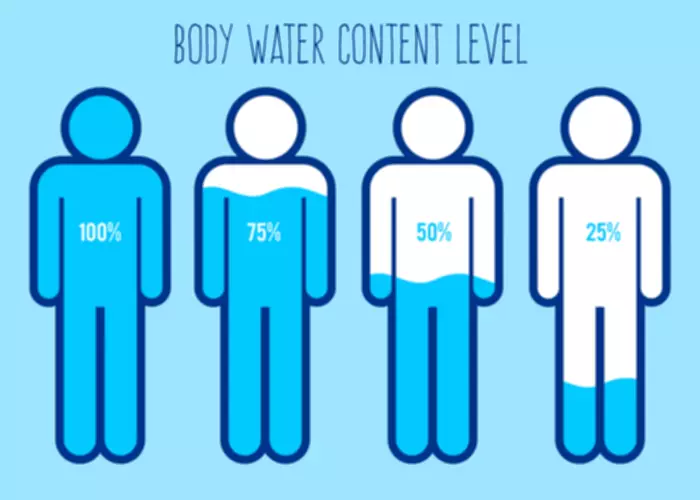48 Best One Year Sober and Addiction Recovery Quotes

We are blessed on each day of this sobriety journey. Every day from the first day of sobriety has been a reason for gratitude and joy. The ability to choose how to respond is key to the recovery process and creates a solid foundation for a new life. Relapsing is something we don’t like to think about and don’t want to consider the possibility. If, though, we do relapse we need to be able to start again.
Sobriety Anniversary Quotes
It is also a disease that requires professional help to overcome. This is not because you are weak; on the contrary, getting help requires great strength. If you aren’t sure whether you’re strong enough to choose recovery, rest assured, you have the power.
Best Recovery Quotes About Sobriety

Navigate supporting a loved one through alcohol detox with expert advice and practical assistance for a smooth journey. Legends Recovery offers a specialized approach to alcohol detox for veterans. Embark on the journey to long-term sobriety with detox as your first step. Discover strategies, tips, and challenges along the path. Embark on the path to recovery with insights into alcohol detoxification stages and treatment approaches.
- Some are so profound and insightful that they are still referred to often today.
- Quotes have the ability to uplift and inspire individuals on their recovery journey.
- You don’t have to see the whole staircase, just take the first step” -Martin Luther King Jr.
- So many are beginning to share what recovery means to them.
- If you’re working on getting your life right and free from the grips of alcohol or substance abuse, you will have some tough days.
Dog Instagram Captions You’ll Love to Share
- The journey of these celebrities are often inspiration for those in recovery.
- One of my favorite ways to keep myself inspired is by writing motivational recovery quotes in my sober journal.
Learn strategies and tools so you can help your child find recovery. Don’t forget to sign up for the Sunday newsletter with information and inspiration to help parents. Get up to speed on research-based tools that can help you motivate your child to change. Add the Sunday newsletter to your weekly routine. Quotes and meaningful phrases have the ability to empower us and instill positive messages in our subconscious mind.

Addiction Recovery Quotes to Inspire You

This section explores the power of quotes in recovery and provides quotes that sober sayings can help individuals find strength and stay motivated on their path to sobriety. I don’t care if you’re kicking drug addiction, an eating disorder, alcohol, or even just trying to get your social media addiction under control. My demon was alcohol addiction, but anyone going through any type of addiction recovery can find inspiration and daily reminders in these recovery quotes. During the journey of addiction recovery, each day brings its own set of challenges and triumphs. Drawing inspiration from quotes can provide the necessary encouragement and motivation to navigate the daily struggles and celebrate the victories along the way. Here are some inspiring quotes to help individuals on their path to sobriety.
- Sober Healing is not a substitute for professional diagnosis, therapy, or medical treatment.
- As you spend more time building an amazing life for yourself and less time in bars, the better you get at saying no to a drink.
- Mike crafted our innovative and person centred approach to addiction treatment.
- In your times of challenge you can draw upon your faith and belief in God to help you through the dark times, and to resist the temptations in front of you.
- In today’s fast-paced world, addiction has become a pressing issue affecting millions of lives globally.
- You’re not just a number to us; our team of dedicated medical professionals is waiting to greet you with compassion, understanding and respect.
When you lack inspiration, lean on healthy habits:
Discover the power of detox and how to break Halfway house free from alcohol dependence with professional guidance and support. Discover how behavioral therapy transforms detox! Uncover the power of CBT, DBT, and relapse prevention strategies. Start your recovery journey by calling our admissions team today. Alcohol is a very dangerous substance to stop where an alcohol dependence has formed. Attempting to stop an alcohol dependence yourself without professional medical help, can result in life threatening alcohol withdrawal symptoms.




















